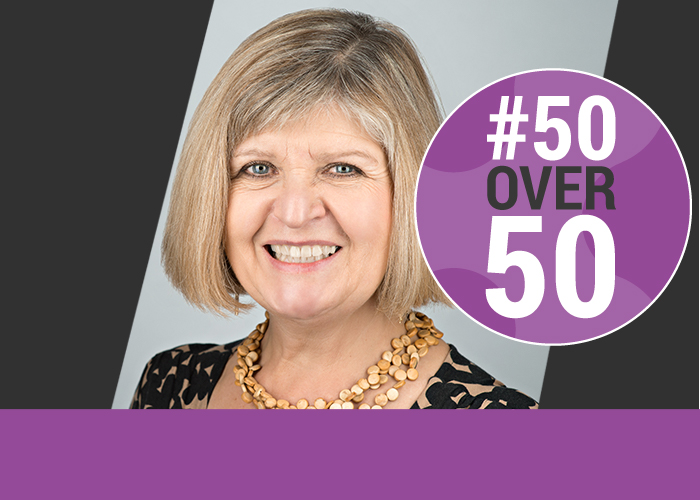#50over50: Caroline Black
‘I’m still standing. Maybe it’s because I’m a Londoner.’
That’s the key thing in my career: Have a go. Feel confident that you can. I say that to younger people I coach: have a go. Don’t let the little voice – the imposter syndrome – win.
I’m a Londoner born and bred. I’ve never lived anywhere else. My mum was a tea lady and my dad was a postman, who’d served in the Navy in the Second World War on the subs. They had high aspirations for their kid and I was the first in our family to go to university.
After my mother died, I decided to take some time out. People thought because I’d left my job at Grayling I must have come into shedloads of money. Nothing could have been further from the truth.
In the context of careers in public relations, we should pause to ask why we do what we do, what it is that motivates us (is it career achievement; is it helping other people succeed; is it about following processes to enable an organisation to get results) – what drives us and spurs us on?

